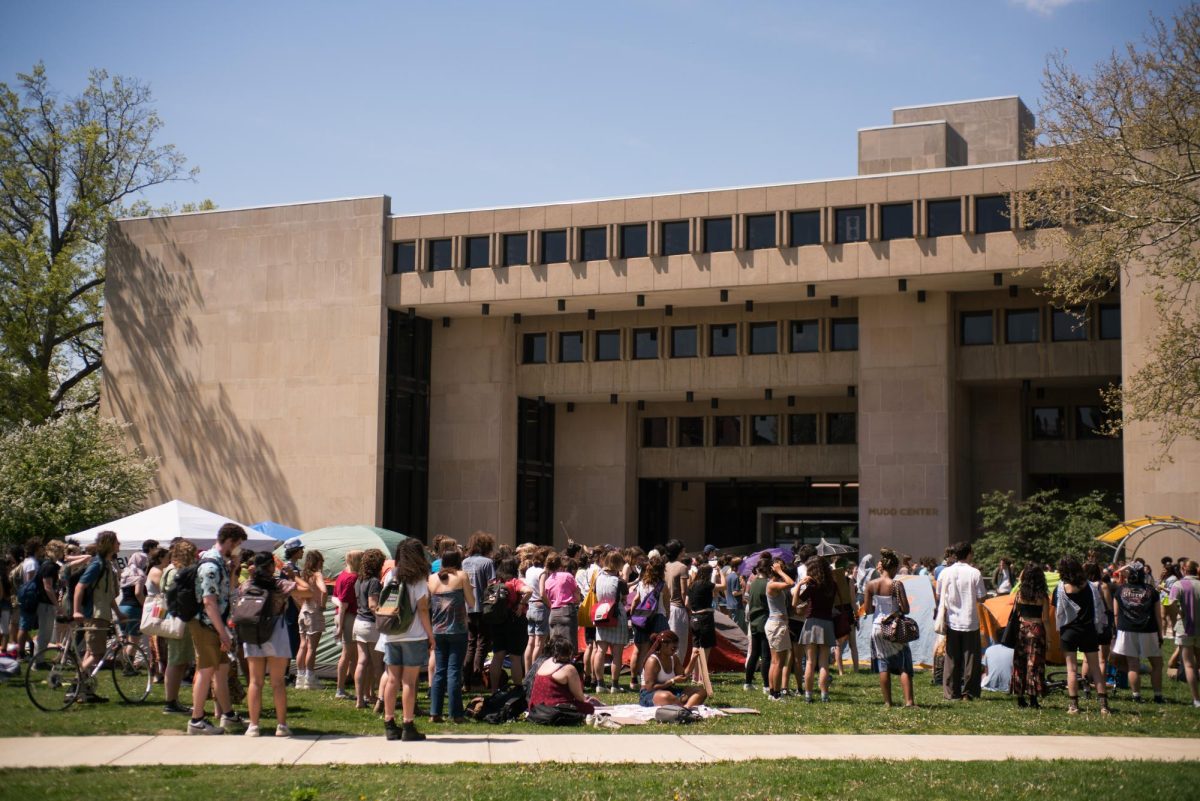Much is at stake in the 2024 election, with abortion rights taking center stage in many discussions. After Roe v. Wade was overturned, it was left up to states to create legislation regarding abortion. Certain states — including Ohio — took the initiative to solidify abortion rights, but legislation is still restricted. For example, abortion in Ohio is banned after 21 weeks and six days. Fourteen states have banned the procedure completely. Many individuals face unsafe procedures due to not having access to the resources they need. Every year, around 42 million women choose abortion and nearly 20 million are unsafe. Unfortunately, nearly 68,000 women die of unsafe abortion. This is especially true for people of color, who are the group that will likely be most affected by this election. Black and Native women are unfortunately more likely to live in states that have heavy abortion restrictions or bans, making resources especially scarce for them. There’s also been a rise in complications and deaths related to abortions after the removal of Roe v. Wade; an estimated five million women are hospitalized due to complications such as hemorrhaging and infection. While these complications occurred even before the ban, they are unfortunately more common as more abortions are done unsafely due to restrictions and a lack of resources. Many individuals are trapped more than ever when making the decision of abortion; as we know, this was done intentionally by the Supreme Court.
As we approach Nov. 5, I am concerned about how the election will impact our reproductive rights. Will disproportionate targeting and restriction of rights worsen after the election, and how will the few remaining abortion rights be protected? While the election definitely impacts these rights, as states also hold a stake in this election. These state restrictions impact medical providers’ choices to provide adequate care, as the restrictions often state that the individual needs to be experiencing a life-threatening pregnancy in order to receive an abortion; some doctors are too afraid to perform the procedure due to the risk of losing their license. The outcome of the election will either encourage these restrictions or allow for them to be lessened or even completely expunged.
There is a stark contrast in the stance on abortion between Vice President Kamala Harris and former President Donald Trump. Harris claims that she will protect abortion rights, while Trump makes unclear statements that try to distract from the fact that he’s against it. For example, Trump states that he “killed Roe v. Wade” and he “wants abortion to be decided by the states,” while also declining to answer if he’ll sign the abortion ban if Congress passes one. I believe that under Trump, abortion would be even more restrictive or banned completely. The Biden–Harris administration made many strides in trying to strengthen abortion access and bodily autonomy, but it’s still up to the states. In this coming election, an estimated 10 states will vote on changes to the abortion law, and these states range from most restrictive, like Florida and South Dakota, to most protective of abortion rights, including New York. It’s up to us to demand changes within the abortion restrictions to make abortion rights more accessible.
The statement “my body my choice” still holds up; individuals shouldn’t have to be forced to make decisions that they’re not 100 percent comfortable with. I believe Harris could protect these abortion rights and hopefully initiate changes within the restrictions of abortion laws in certain states. But unfortunately, I can’t help but feel that everything is up in the air, as who knows if abortion rights will be more accessible under Harris while individual states still hold some power within the decisions. As the Biden–Harris administration enacted their support for abortion rights, there were still individuals that were unable to truly access their right to choose. While I recognize Harris’ promise of protecting abortion rights by signing the legislation that protects them, the question that arises is whether these rights will be protected for everyone. As individual state restrictions have made abortion rights inaccessible, there are also the long-standing barriers of abortion not being accessible to people of color and people with lower socioeconomic backgrounds. These groups are largely subjected to unsafe conditions regarding abortion, so Harris ultimately being elected and signing the legislation is just one step in the right direction; there is also a need for ongoing action to help people in underrepresented groups.
Abortion rights shouldn’t be only accessible in certain circumstances; decisions regarding bodily autonomy should always be up to the individual, as each of us is different. No matter what the election results are, I urge people to continue to use their voices to fight for the protection of abortion rights, demand for the restrictions to be gone, and speak up for disproportionately affected groups.












